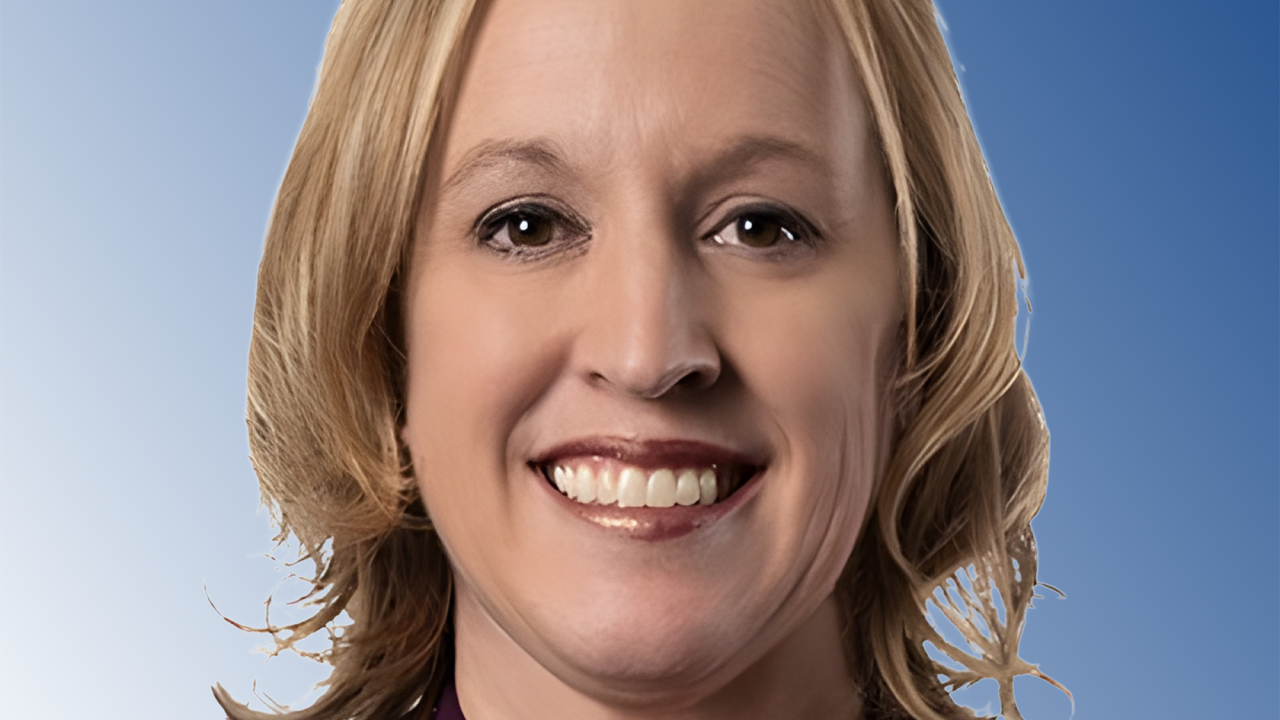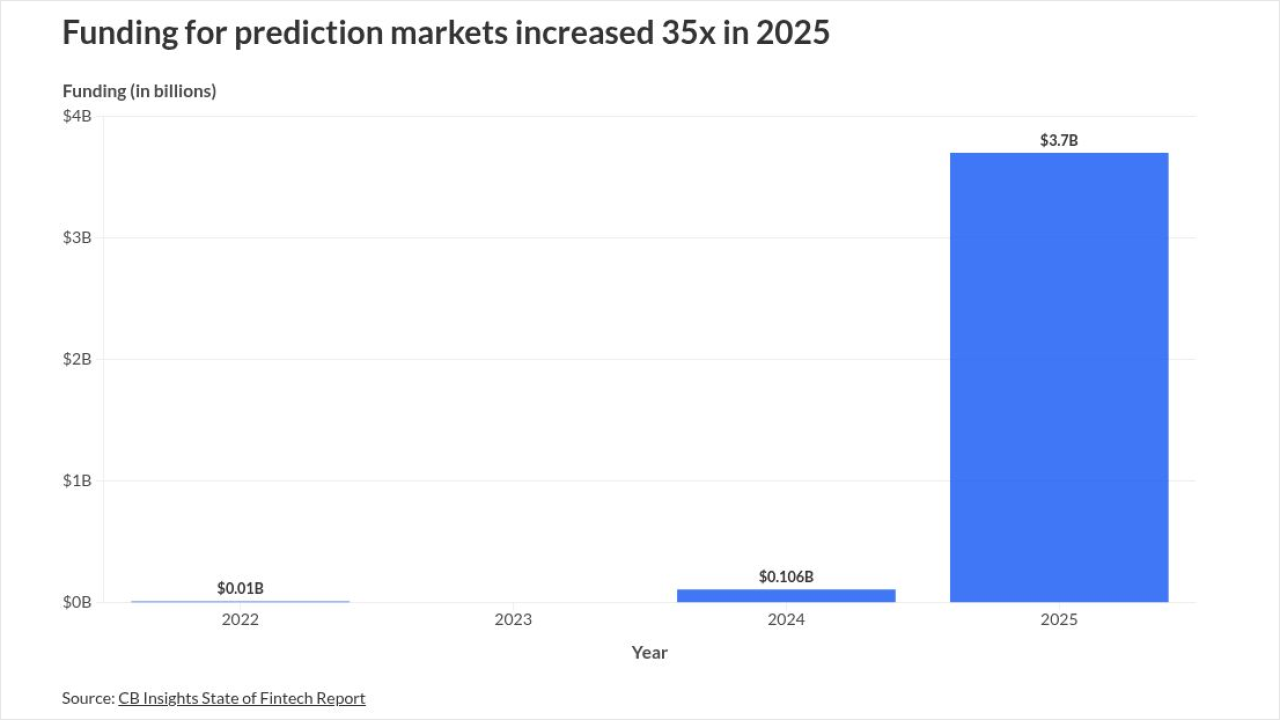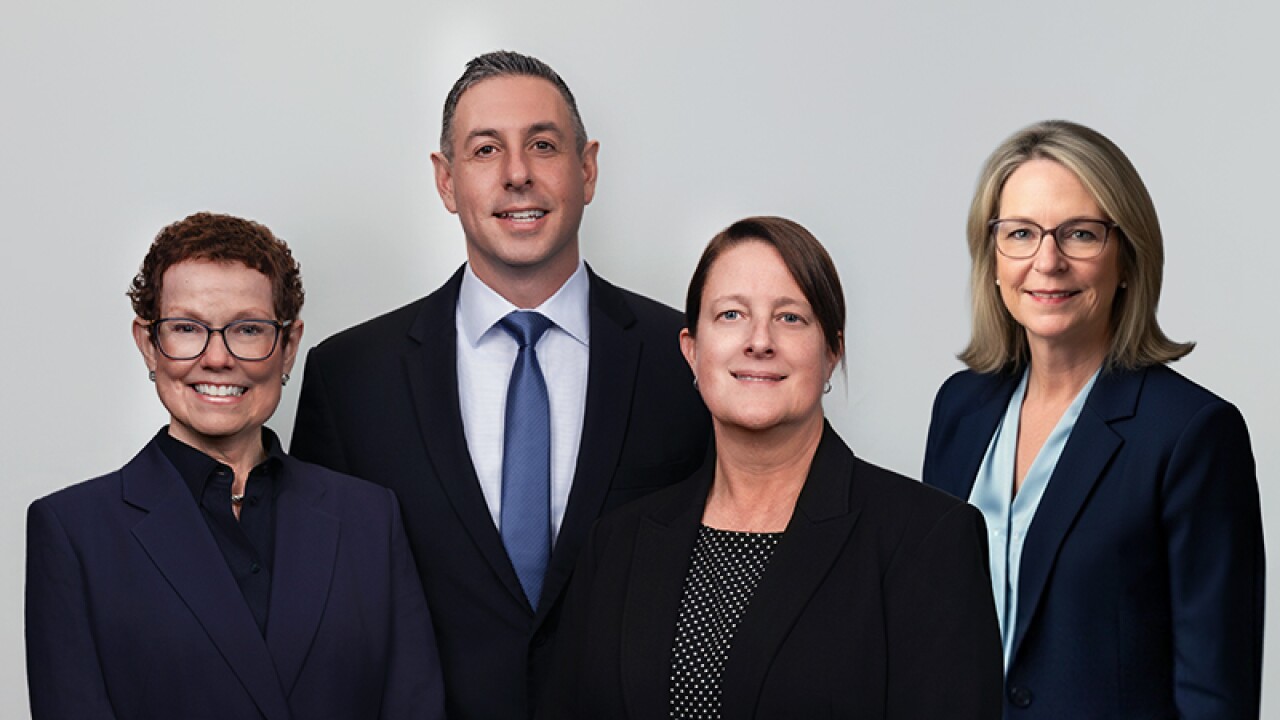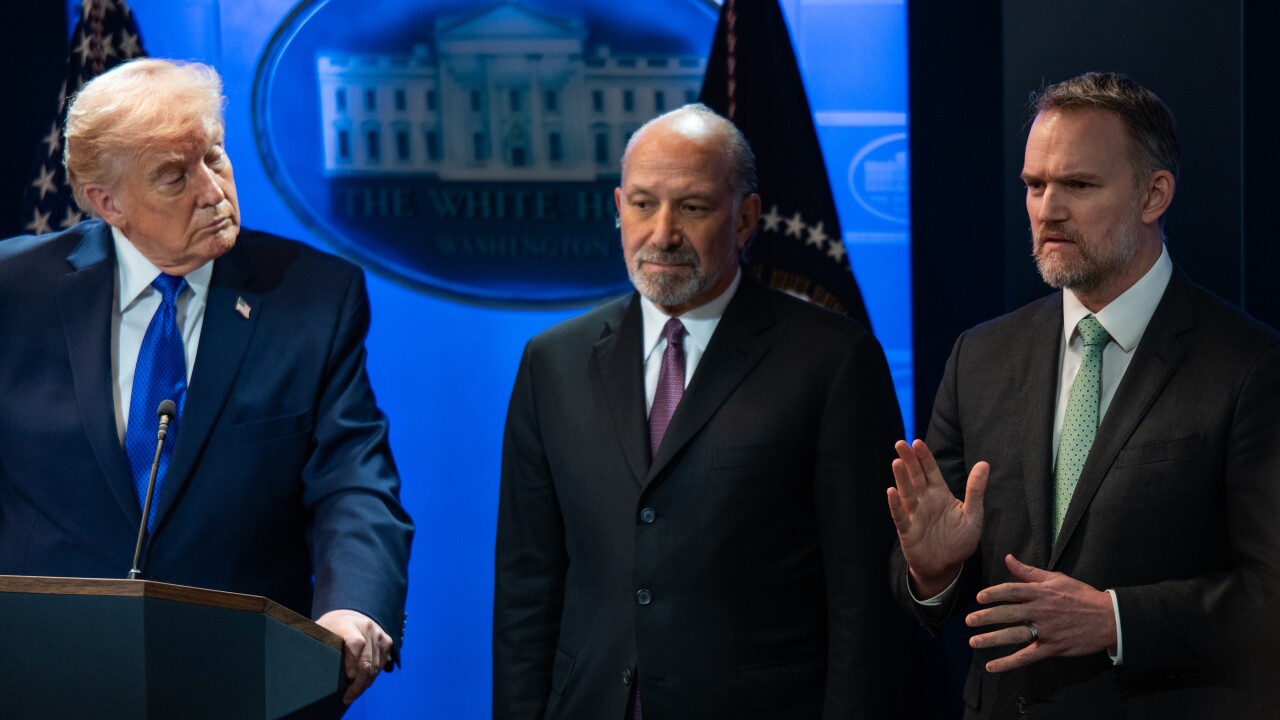The sudden collapse of major custodians such as Lehman Brothers not to mention a series of Ponzi schemes and last May's Flash Crash have dramatically shifted the due diligence priorities of mutual funds and other institutional investors as they scout for sub-advisers.
Today, those sub-advisers must be prepared to answer various questions about their operations and business risk, a major change from when most due diligence was focused on a sub-adviser's investment management practices.
Maryanne Sheehan, director of institutional marketing at Eaton Vance, noted that several years ago 80% of the questions in requests for proposals (RFPs) from prospective institutional customers, a process she overseas at the mutual fund firm, were focused on investment management.
"Today, the RFP still comes down on the side of investment management, but presently 40% of it is devoted to risk management, compliance, legal, operations and business practices," Sheehan said.
Sheehan said RFPs' shift toward more business-oriented issues has been heightened by recent market-shaking events. The collapse of Lehman and Bear Stearns, seemingly unshakeable Wall Street institutions, has generated more probing questions about sub-advisers' risk management systems as well their liquidity and counterparty risk.
Eaton Vance acts as a sub-adviser to a variety of institutional investors, ranging from insurance companies to pension funds to other mutual funds. Denise Valentine, a senior analyst at Boston-based consultancy Aite Group, said they all seek the same type of information, and increasingly that's shifted toward business and operations-related risks.
"While the factors we consider as integral to our due diligence haven't changed, the focus on risk management and the tools that the managers use to measure and manage their risk exposures has become much more important than before," said Ricardo Duran, a spokesperson for the California State Teachers Retirement System (CalSTERS), which manages upwards of $120 billion in assets.
Mike Rome, director of business development at Houston-headquartered Bridgeway Capital Management, which manages $3 billion in assets for mutual funds, separate accounts, and sub-advisory clients, said his firm recently hired a head of investment operations with more than 20 years experience at a major firm.
"That's already resonated on the due diligence side," Rome said, adding that creating such a position at a relatively small money manager is a major commitment but well worth it as a firm becomes more established.
Historically, risk management questions focused on how the investment team monitored risk in its portfolio. Now, there's more due diligence into how a firm oversees its investment teams, prompted by the multibillion dollar Bernard L. Madoff scandal, the poster child for numerous Ponzi schemes in recent years.
"Is there an independent body that monitors portfolios against stated objectives, styles, etc. What is the reporting line of this team? How often do they conduct reviews of portfolios and with which groups do they share that information?" said Invesco spokesman William Hensel, a spokesperson at Invesco,.
The Flash Crash, which tested investors' abilities to deal with large, unexpected market swings, has fostered more inquiries about sub-advisers' operations and technology systems. "We get quite a number of questions from RFPs on our IT infrastructure, how it's manned, and what the firm's budget for it is," Sheehan said.
Questions prospective clients have always directed at the firm's investment management practices, including how the portfolio management team is staffed, their experience and expertise, and the company resources directed toward them, are now aimed at other units of the firm. "They're taking that approach to the business side," she said.
Valentine, who held executive positions in the asset-management units of firms including GE Capital Services and Oppenheimer Capital, noted RFPs typically ask a series of longstanding core questions as well as questions reflecting recent events.
Typical questions today, she said, are likely to focus on money managers' experience after events such as Lehman's collapse and the onset of the credit crisis. How was the firm impacted and what were its actions? If the sub-adviser is a fundamental stock picker, did it have sufficient conviction in its investments to hold tight or did it panic?
Duran said CalSTERS' investment staff also discusses with the staff members of potential sub-advisers how the lessons they've learned in recent years have affected their portfolio management.
"Finally, the CalSTERS investment staff likes to review a manager or potential manager's investment performance just before, during, and after the crisis and relate it back to the lessons-learned risk management aspect of the evaluation," Duran said.
Sheehan said a sub-adviser's financial condition has become another key subject of inquiry..
"If I'm on the other side of the sub-adviser, I want to know the people I'm doing business are going to be there next year if I'm going to give them my money to manage," Rome said.
Institutions have asked to see Bridgeway's audited financial statements to ascertain its financial health-even though the firm has no debt on its balance sheet. "What they want to know from a due diligence standpoint is whether a firm has the staying power to get through a downturn," Rome said.
Bridgeway is a "quant" manager, using models employing historical data to determine the composition of its investment portfolios. Rome said event-driven situations tend to impact quant strategies more adversely because much of the data feeding the models comes from quarterly financial statements, so the impact of mid-quarter events may not be digested by the models until well after the fact.
Investors ask questions accordingly. Rome says Bridgeway explains that its model research is back-tested using decades of data and supports a long-term investment perspective that should benefit investors, regardless of the impact of short-term events. In addition, he said, "We simultaneously run variations on those core models that we use to limit the volatility and risk factors."
Bridgeway has taken an extra step to make sure it's covering all the due diligence bases. "We use an outside consultant to poke holes and ask questions about everything, from compliance to trading to operations and sales," Rome said, adding, "As a small firm we go to the Nth degree to check ourselves."





